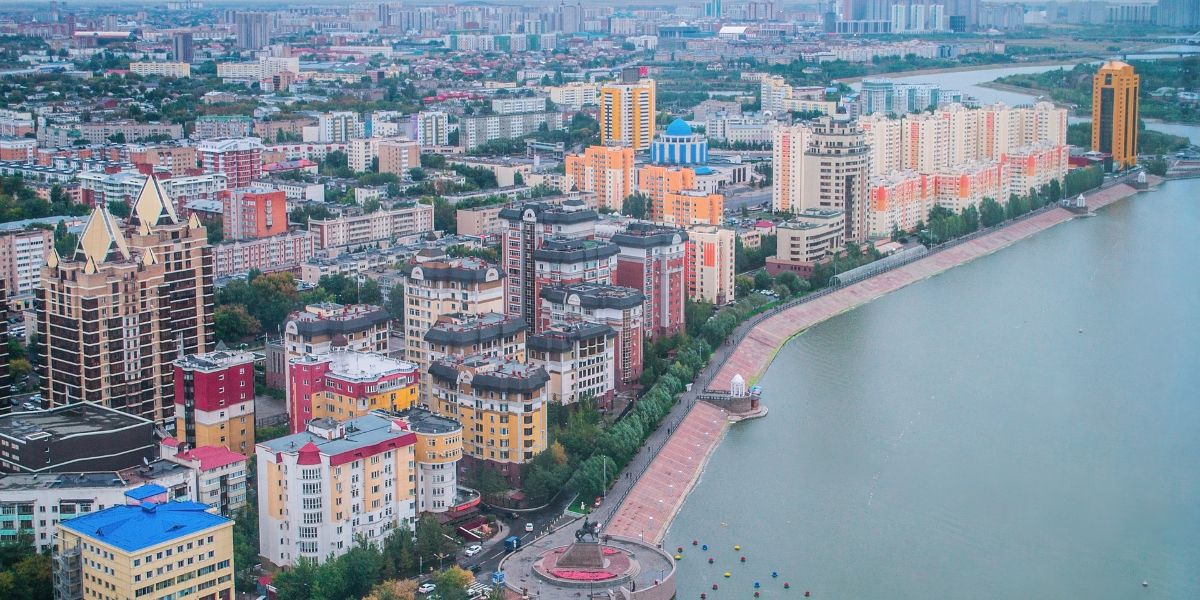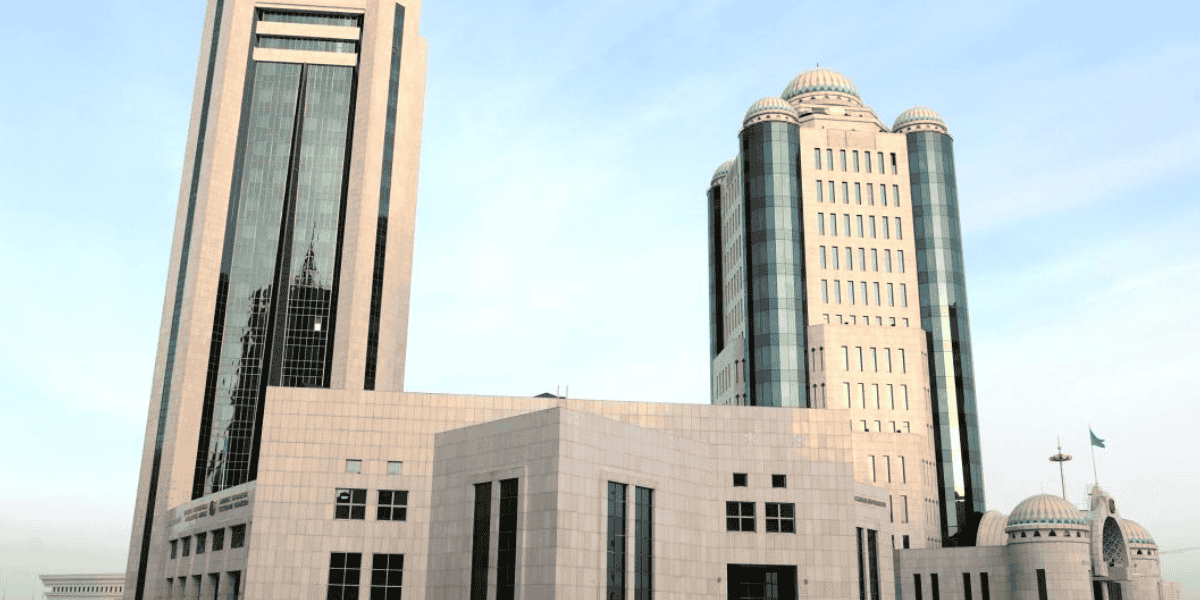The Government of the Republic of Kazakhstan (RK) represented by the authorized body, PSA, filed a lawsuit against the operators of the Kashagan and Karachaganak fields. The reason of the lawsuit is the inclusion of unreasonable expenses by the operators in the composition of the cost of production on operations made in accordance with the production sharing agreement (PSA). A PSA is a contract under which an investor receives the right to extract minerals, leaving part of the production to itself and the other part to the state. Thus, the total amount of the claim of the Government of the RK against the two operators was about USD 16.5 billion.
The Kashagan field is located in Kazakhstan’s sector of the Caspian Sea and covers an area of 75×45 km. The reservoir is located about 4,200 meters below sea level in the northern part of the Caspian Sea. The operator of the Kashagan field is the North Caspian Operating Company (NCOC) consortium. The shareholders of the NCOC consortium are KMG Kashagan B.V. (16.877%), Shell Kazakhstan Development B.V. (16.807%), Total EP Kazakhstan (16.807%), AgipCaspian Sea B.V. (16.807%), ExxonMobil Kazakhstan Inc. (16.807%), CNPC Kazakhstan B.V. (8.333%) and Inpex NorthCaspian Sea Ltd (7.563%). The amount of the claim against NCOC, calculated for the period from 2010 to 2018, was approximately $13 billion.
The Karachaganak field is located in the Burlin District of West Kazakhstan Region, near the town of Aksai. The operator of the Karachaganak field is a consortium Karachaganak Petroleum Operating B.V. (KPO). The shareholders of KPO are ENI SpA (29.25%), Shell plc (29.25%), Chevron (18%), Lukoil (13.5%) and KazMunaiGas (10%). The amount of the claim against KPO, calculated for the period from 2010 to 2019, was approximately $3.5 billion.
According to the statement of the president of RK dated from 29 March 2023 at the opening of the first session of the parliament of the new convocation, highly profitable large enterprises and companies exporting raw materials should pay more taxes to the budget and that such practice is fair and has been successfully proven in the world. He also noted that the new model of tax policy should ensure an optimal distribution of national wealth, a high level of economic activity and targeted support for priority sectors of the economy.














